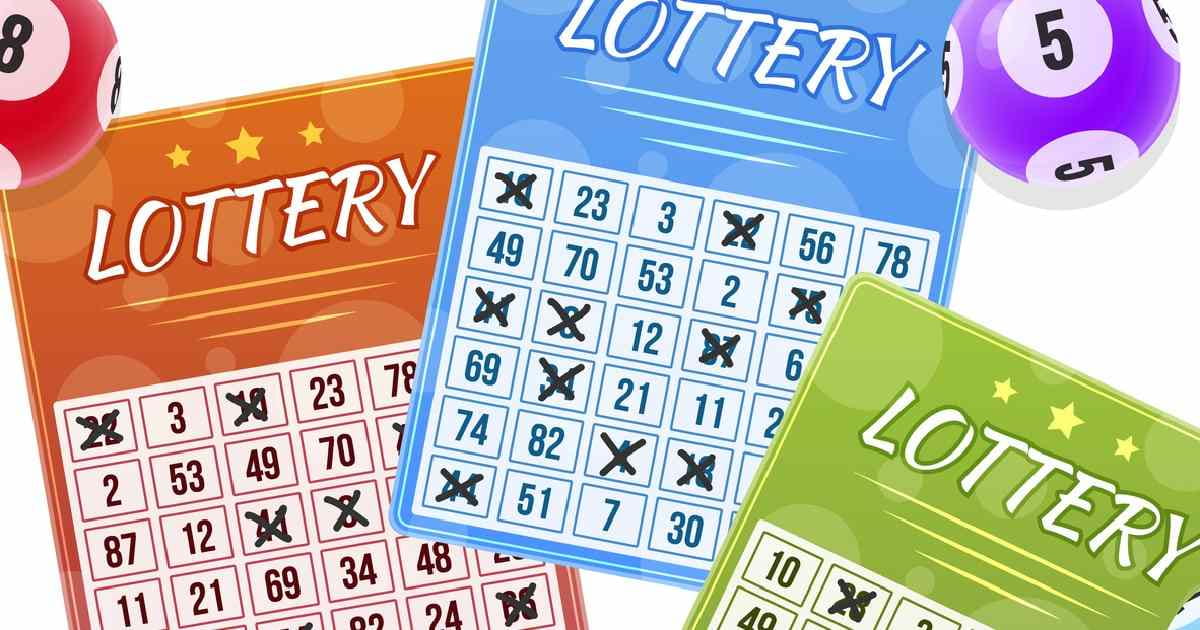
The Intriguing World of Lotteries: Beyond Chance and Luck
Lotteries have long captured the imagination of people worldwide. They embody the tantalizing promise of a life-changing windfall, where dreams could materialize with the simple selection of a few numbers messipoker. Yet, beyond the allure of instant wealth, lotteries represent a complex interplay of psychology, economics, and societal dynamics. In this article, we delve into the multifaceted world of lotteries, exploring their history, impact, and the fascinating nuances that make them much more than just games of chance.
A Brief History: The roots of lotteries can be traced back thousands of years. Ancient civilizations, including the Chinese, Egyptians, and Romans, employed rudimentary forms of lotteries as a means of raising funds for public projects, such as the construction of roads, temples, and even wars. Over time, lotteries evolved, assuming different forms and purposes across cultures. In the modern era, lotteries have become ubiquitous, with governments around the world utilizing them as a revenue-generating tool to finance various public initiatives, from education to healthcare.
The Psychology of Lottery Participation: At its core, lottery participation is driven by the prospect of winning a substantial prize. Psychologically, lotteries tap into deep-seated desires for financial security, freedom, and status. The mere act of purchasing a ticket sparks fantasies of a life unbound by financial constraints, where one can indulge in luxury, travel the world, and fulfill long-held aspirations. This allure is heightened by the media’s portrayal of lottery winners as overnight sensations, amplifying the belief that anyone could be the next lucky recipient of fortune’s favor.
However, beneath the surface lies a complex array of cognitive biases and behavioral patterns that influence individuals’ decisions to participate in lotteries. The “availability heuristic” leads people to overestimate the likelihood of winning based on vivid examples of past winners showcased in advertisements and news stories. Similarly, the “illusion of control” prompts individuals to believe that they possess some degree of skill or strategy in selecting winning numbers, despite the outcomes being entirely random. These cognitive biases, coupled with the excitement of anticipation, drive continued engagement with lotteries despite the astronomical odds against winning.
Lotteries and Socioeconomic Dynamics: While lotteries are often marketed as a form of entertainment accessible to all, their prevalence disproportionately affects lower-income communities. Research indicates that individuals with lower socioeconomic status are more likely to participate in lotteries, viewing them as a potential pathway out of financial hardship. Paradoxically, however, lottery participation can exacerbate existing socioeconomic inequalities by diverting limited resources away from essential expenses such as food, housing, and healthcare.
Moreover, the regressive nature of lottery funding mechanisms means that those least able to afford it contribute a disproportionate share of revenue to government coffers. Critics argue that this reliance on gambling revenues perpetuates a cycle of dependency on vulnerable populations, undermining efforts to address systemic issues of poverty and inequality.
Beyond the Jackpot: Despite these criticisms, lotteries have also been lauded for their contributions to public welfare. The funds generated from lottery sales often support critical initiatives in education, infrastructure, and community development. In some cases, lotteries have been instrumental in funding groundbreaking research, cultural preservation efforts, and environmental conservation projects.
Furthermore, the communal experience of participating in lotteries fosters a sense of camaraderie and shared excitement among participants. Whether pooling resources with coworkers for office lottery pools or joining family members in selecting numbers, the act of playing the lottery can serve as a social bonding activity that transcends socioeconomic divides.